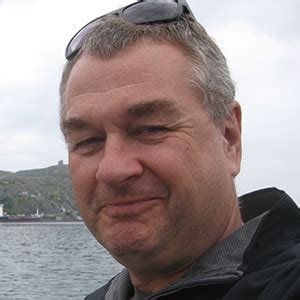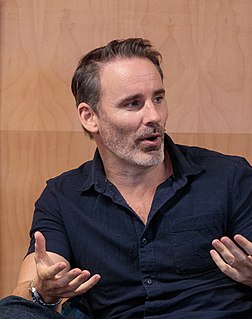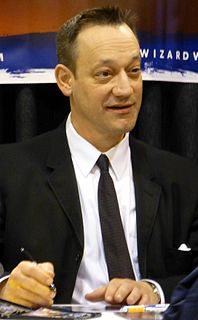A Quote by Stephen R. George
Related Quotes
If I'm writing a novel, I'll probably get up in the morning, do email, perhaps blog, deal with emergencies, and then be off novel-writing around 1.00pm and stop around 6.00pm. And I'll be writing in longhand, a safe distance from my computer. If I'm not writing a novel, there is no schedule, and scripts and introductions and whatnot can find themselves being written at any time and on anything.
In '94, I started writing a novel about an enormous terrorist act that destroyed the United States. The novel takes place twenty years after this destruction, with all the stuff that we're dealing with now - a dirty war, the disappeared, the concept of terrorism. Anyway, 9/11 happened some years into the process, and I was like, OK, I don't have a novel.
Writing has to do with truth-telling. When you're writing, let's say, an essay for a magazine, you try to tell the truth at every moment. You do your best to quote people accurately and get everything right. Writing a novel is a break from that: freedom. When you're writing a novel, you are in charge; you can beef things up.
































